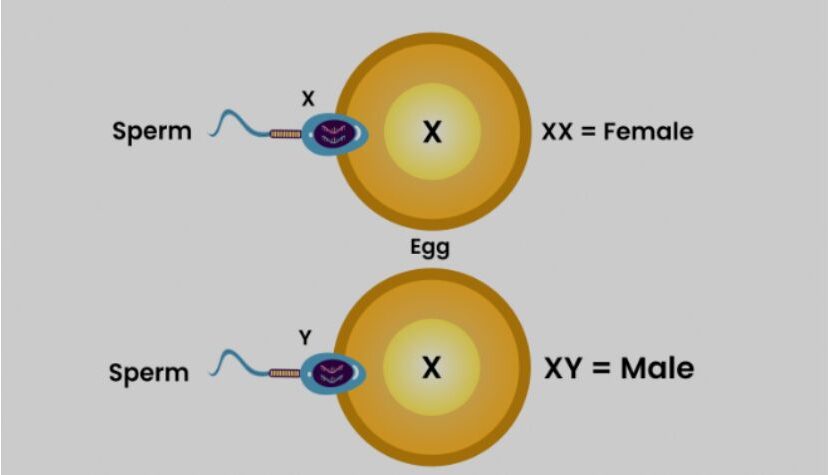Y Chromosome, the key to determining the male sex, is gradually declining over time. If it disappears completely, natural male reproduction may no longer be possible.
You may have heard about the Y chromosome at least once in your life. Your teacher might have taught you about it in a reproduction class. Yes, it’s the same DNA and protein formation found in the nucleus of a cell.
The Y chromosome contains male genetic material and is essential for male reproductive functions. When a man’s Y chromosome combines with a woman’s X chromosome, the result is the birth of a baby boy. Conversely, when a man’s X chromosome combines with a woman’s X chromosome, a baby girl is born.
Females don’t have Y chromosomes; they carry a pair of XX chromosomes, while males carry a pair of XY chromosomes. So, if the Y chromosome were to vanish, there would be no more baby boys born naturally.
Unfortunately, a recent study suggests that the number of Y chromosomes is gradually declining. Over the last 166 million years, the Y chromosome has lost more than 93% of its genes. Initially, it had 900 genes, but today, only 55 remain.
So, when will the Y chromosome vanish completely? If it continues to lose genes at the same rate, it could take up to 11 million years for it to be entirely destroyed. While 11 million years is far beyond our lifetimes, it’s important to be mindful of the future.
However, if the rate of decline changes, this estimate could shift significantly. It’s even possible that we could lose all male-specific genes within the next 50 to 100 years.

Ray of Hope
Don’t be too shocked—there’s still a glimmer of hope in evolution. Humans might adapt and develop new male-determining chromosomes to survive. A recent study offers hope, based on an evolutionary change observed in rats.
In Japan, a species of rodents evolved a new male-determining gene after losing their Y chromosome. This suggests that humans could potentially evolve in a similar way if the Y genes were to disappear completely.
However, this process won’t be quick or easy. Evolution takes time and can vary from person to person. This means that during the transition, not all men might look the same as they do today. There could be differences based on their newly evolved genes.
Science might also provide an alternative solution to preserve the male lineage. Even today, reproduction is possible through methods like in vitro fertilization (IVF), bypassing traditional means. While future advancements could make it possible to continue human reproduction, it may become more complex and less affordable than it is today.
Females are also not safe.
Don’t be too quick to celebrate if you’re a girl or a woman. Don’t imagine yourself as a future queen enjoying life without males. If men were to disappear, you’d eventually be the last female on Earth, as natural reproduction wouldn’t be possible without males.
This means that females, too, would vanish from the Earth a few years after men do.
Also read: Mark Zuckerberg Accuses Biden and Harris of Major Wrongdoing











